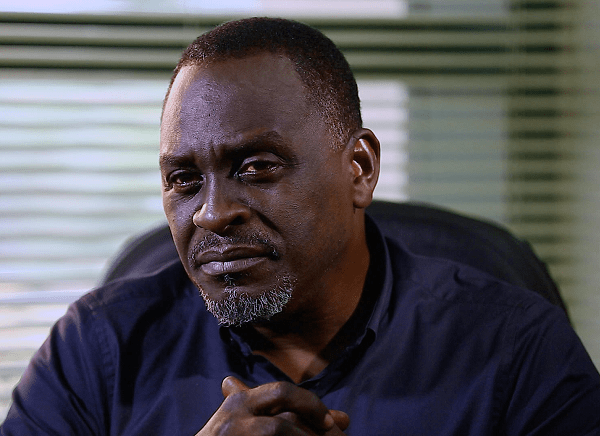
Ghana's stillborn referendum
I heard the President calling off the referendum.
I agree with him.
Advertisement
I understand his reasons, even if I blame him for underestimating the amount of work that would be required to educate people about it.
He was clearly disappointed.
He says he thought there was consensus.
That is why he sees the National Democratic Congregation (NDCs) actions as a betrayal.
He had consulted with their leadership.
He had also overseen a successful referendum earlier to create new regions.
His liberal democracy credentials and his background tell him that the absence of freedom of political association in the districts is wrong.
The democracy project we embarked upon as a nation was incomplete, as long as there was no multipartyism at the local government level.
These same credentials are what lead him to envision the value of political parties within the socio political milieu, even though much of the populace is disenchanted with the NDC/New Patriotic Party (NPP) duopoly.
The people are resisting the presence of parties on the ground. They do not want to "divide the people in the communities", they say.
The President says, far from bringing instability to the country, the parties have rather guaranteed political stability.
Ghana's Fourth Republic has lasted. Multiparty democracy has brought stability.
The problem, though, is that this stability is no longer considered of supreme value.
The people want more from their democracy.
People are not happy with political parties. They are just making do. If I was Ghana, I would be worried.
Democracy
I side with the President. Yes the democracy we are practising can do better, but that is no reason to prevent its growth.
We should be deepening the democracy, while making the changes that will provide optimum performance.
I would never have thought that the people would turn their backs on being empowered, but that is exactly what has happened.
Actually, there was insufficient public education and the messaging about the referendum that went out was flawed from the start.
It should not have been reduced to the issue of electing District Chief Executives (DCEs).
This is what happens when political party manifestos drive governments communication.
It should have been about local government reform.
The big picture of changing the rules of engagement, in order to derive and demand a better output from the parties and improved governance for the country as a consequence.
Opposing the removal of article 55 by voting NO at the referendum, on the basis that the same terrible habits at the central level will be transferred to the local level, is wrong.
It assumes the executive arm of government at the local level will continue to be in the hands of the ruling party only. no.
In local government, unlike central government, the main opposition party and maybe even some smaller parties will have another chance at being in government because of multiparty local elections.
No more winner takes all in Ghanaian politics.
We must remember that a lot of the “nastiness” in our politics is driven by winner takes all. With a YES vote, that would no longer have been the case.
The political consensus that a national referendum requires to go through successfully is what the President says is clearly absent: a direct consequence of the political power dynamic that results from evenly matched elephants (pardon the pun) doing battle all the time, because the spoils of war are so immense and up for grabs.
Fully. With our winner takes all politics, the grass suffers.
Reform
Currently our two dominant parties can agree on very little in this all important zone of constitutional reform because of the way we have set things up.
Constitutional amendments require a two thirds majority or a referendum depending on whether it is an entrenched or non entrenched clause.
Are these thresholds not too high?
It seems to me that this might be the reason why we do not get consensus.
Those who seek a NO vote are required to do too little to prevent amendments.
As a country, we should ponder this. Sixty/forty, rather than 75/25 will require those who want to prevent an amendment to work harder than they currently need to.
We just tried to change two key clauses in our Constitution for the better. Alas...it was not to be.
Cry the beloved country.




